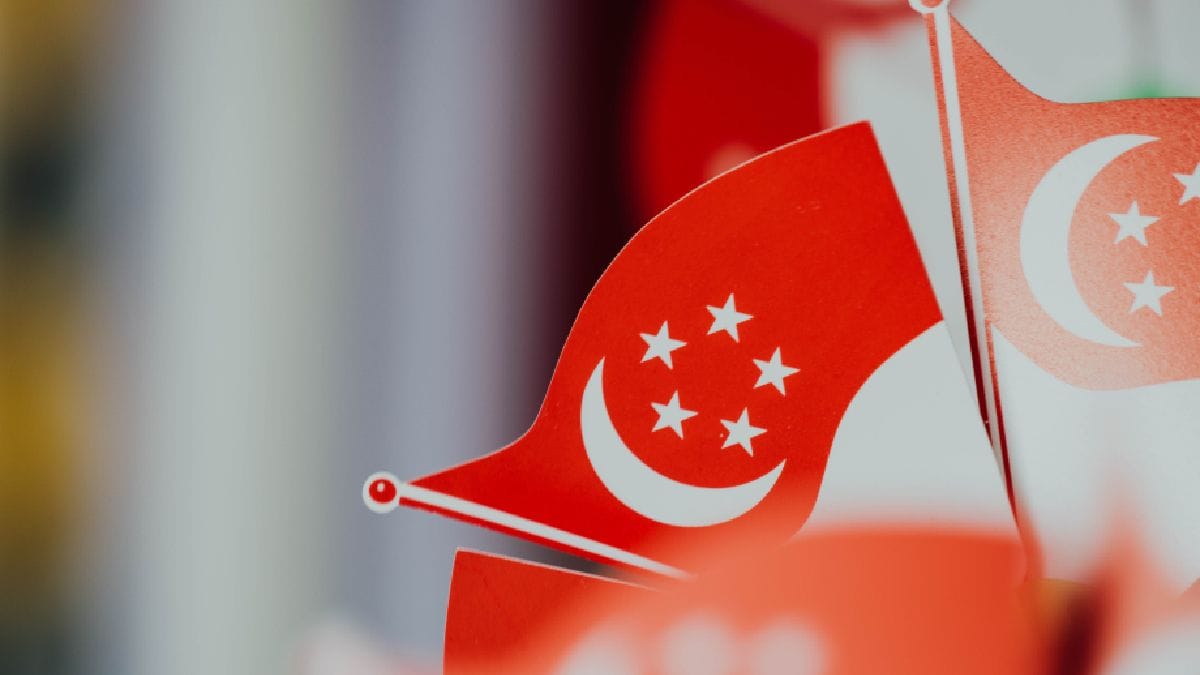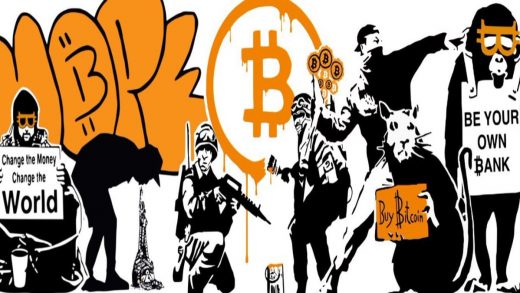
Singapore has announced a framework for stablecoins, as the overall global crypto sector faces increased rules and regulations in different parts of the world. The Monetary Authority of Singapore (MAS) announced these rules on August 15, which now allow for stablecoins to become part of the country’s existing financial system. The government of Singapore had begun deliberations on stablecoin rules last year in October. In the ten months since, authorities invited and reviewed feedback from the public, especially since stablecoins fall under the crypto category.
Stablecoins are essentially cryptocurrencies that are pegged against reserve assets like gold or fiat currencies. Unlike regular cryptocurrencies, that are impacted by market volatility, stablecoins pose a lesser risk for investors as their underlaying assets make them less susceptible to major dips. Tether, USD Coin, and Binance USD are some examples of popular stablecoins.
The MAS’ stablecoin regulatory framework has been designed for single-currency stablecoins (SCS). Only stablecoins pegged to the Singapore dollar or other G10 currencies like Australian dollar, US dollar, and British Pound among others, will be eligible for receiving the MAS certification, the official statement from Singapore’s authorities said.
“SCS reserve assets will be subject to requirements relating to their composition, valuation, custody, and audit to give a high degree of assurance of value stability,” the MAS said.
Web3 firms that wish to issue stablecoins in Singapore will have to ensure that they maintain minimum base capital and liquid assets. The country aims to avoid companies being exposed to the risks of collapse and insolvency.
The MAS has directed stablecoin issuers to return the value of stablecoins to holders within five business days from them submitting redemption requests.
“Issuers must provide appropriate disclosures to users, including information on the SCS’ value stabilising mechanism, rights of SCS holders, as well as the audit results of reserve assets. Only stablecoin issuers that fulfil all requirements under the framework can apply to MAS for their stablecoins to be recognised and labelled as ‘MAS-regulated stablecoins’,” the official document said.
Not all stablecoins will be regulated by MAS and if any issuer is found guilty of promoting a non-MAS certified stablecoin as one, they would be subject to penalties. The MAS will also list defaulted stablecoins on the Investor Alert List to warn potential investors.
“MAS’ stablecoin regulatory framework aims to facilitate the use of stablecoins as a credible digital medium of exchange, and as a bridge between the fiat and digital asset ecosystems,” said Ho Hern Shin, Deputy Managing Director (Financial Supervision), MAS.
In its exploration of the digital assets sector, Singapore is taking a gradual and calculated approach. Crypto and Web3 advocacy groups from India and Singapore signed a memorandum of understanding (MoU) last month. The groups, Bharat Web3 Association (BWA) and the Blockchain Association Singapore (BAS), have decided to join forces on nurturing and fostering the Web3 sector.
This MoU entails that both India and Singapore will collaborate with their expertise and resources on the growth of the blockchain sector.


